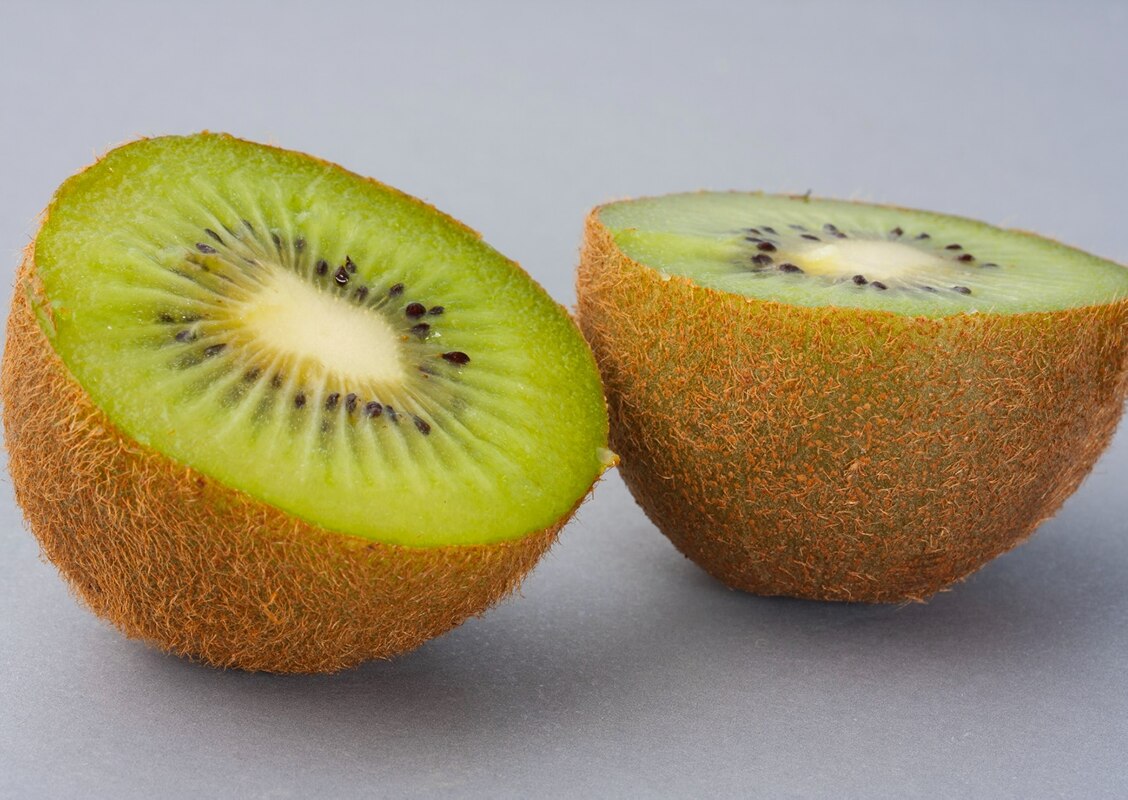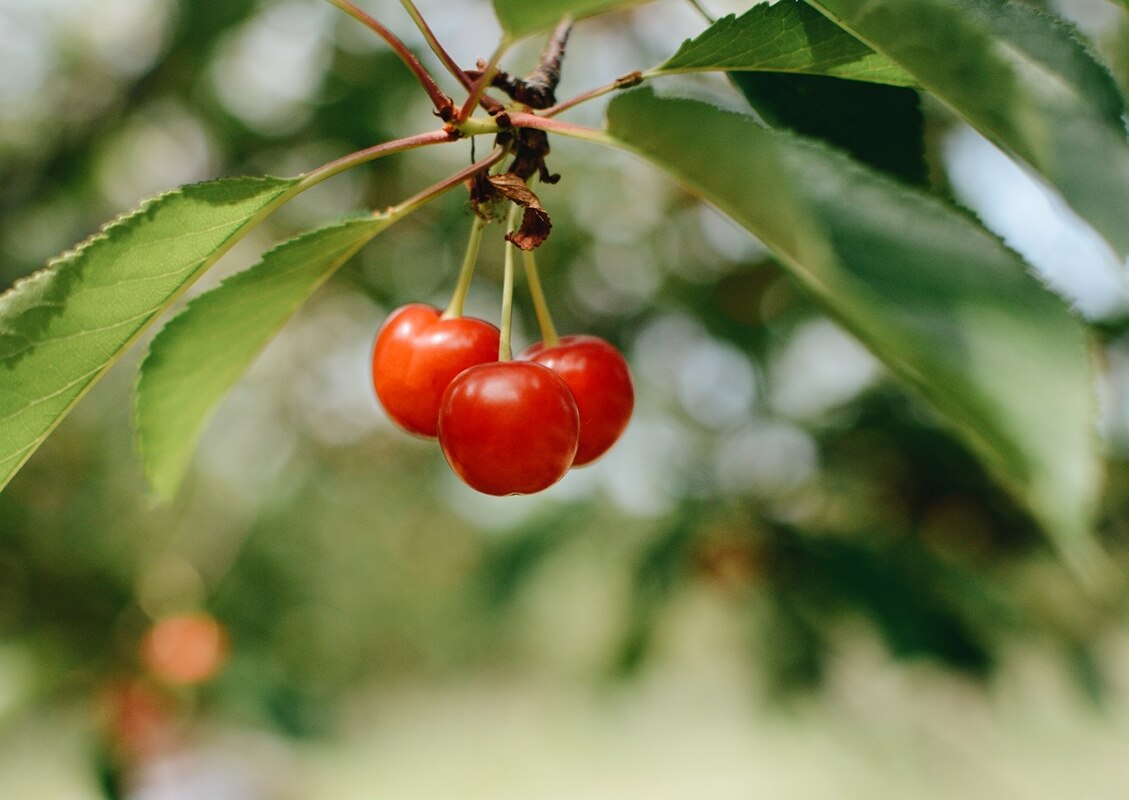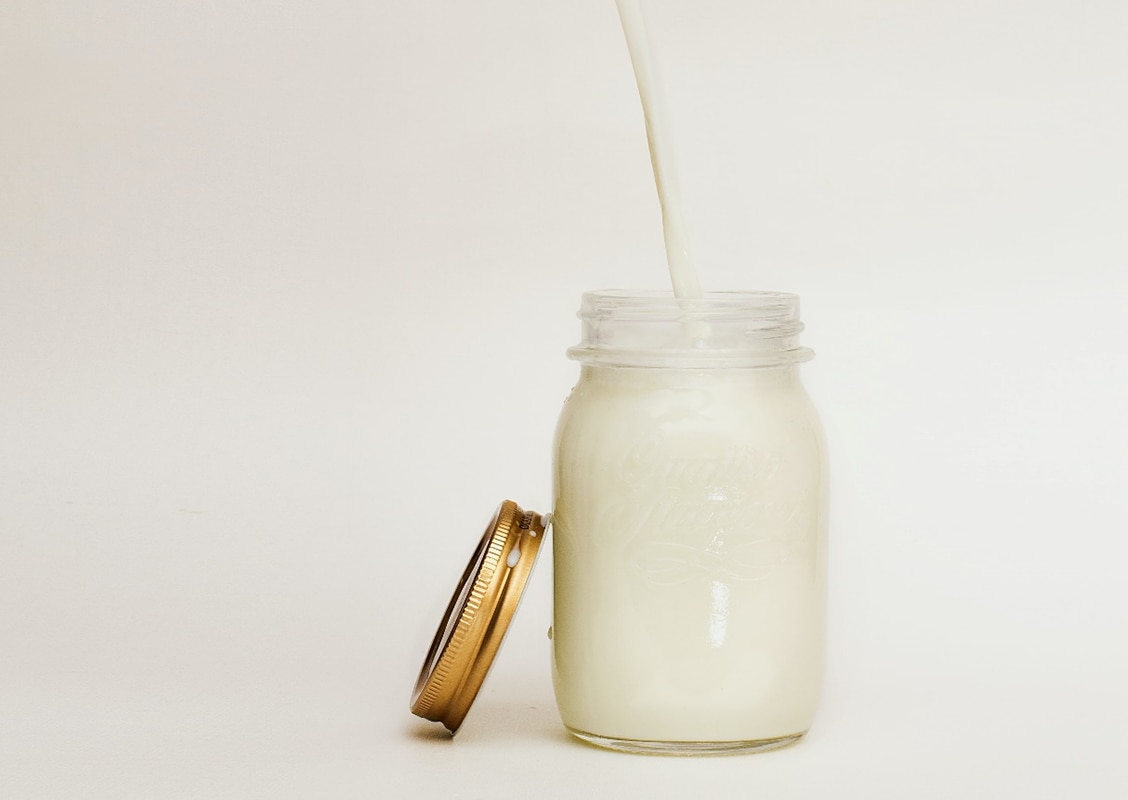Most people are familiar with the ways in which food and drink can alter their energy and alertness, whether it be a jolt after a cup of coffee or a weariness after a Thanksgiving meal. It is believed that a third to half of all individuals have insomnia. Thus it makes sense that there would be a widespread interest in using food and drink to alleviate sleeplessness.
Because of the interconnected nature of nutrition and sleep, there is no one food that can be said to improve sleep quality for everyone. However, consuming certain foods and beverages may make obtaining a good night's sleep simpler.
Why is Sleep Deprivation Such a Big Deal?
Throughout the course of a night's sleep, your body and brain will go through a series of stages, from light sleep to deep sleep and back again. Unless you're dreaming, you're completely oblivious to anything that's happening. That's probably why a lot of us don't give sleep the respect it deserves. Nothing "hits" them as exercise or a change in diet does.
However, you can't just brush off the value of a restful night's sleep. Every cell in your body goes to work while you sleep. Imagine all the cells and organs inside of you being shift workers in a huge factory. When you turn it off, cells begin recording time. Cellular stressors have been applied to your body all day long, whether at work, during exercise, or simply going about your daily activities.
Your body needs a repair team to keep itself in good working order and to recover from these cellular assaults. Put in your shift workers, please. While you rest, your muscles are being repaired, new neurons are being created in your brain, and damaged cells are being fortified. These cells are most effective when the body is resting and in a deep sleep state.
Specific Foods That Can Affect Sleep
Experts in the fields of nutrition and sleep hygiene, among others, have done several research to identify the most restful dietary patterns. Although these findings are highly suggestive, they do not prove anything. The effectiveness of particular foods on sleep quality has not been empirically investigated. However, some studies indicate some foods' role in overcoming low-quality sleep.
· Kiwi

Although it's farmed in many places, New Zealand has become almost synonymous with the small, oval kiwi or kiwifruit. While both green and gold kiwis are available, green kiwis are more commonly cultivated due to their higher demand. Vitamins C and E, potassium, and folate are just a few vitamins and minerals in kiwi fruit.
Studies show that kiwi consumption is associated with better sleep quality and overall health. According to a study, people who ate two kiwis an hour before night slept longer and more soundly and fell asleep more quickly.
Kiwis have been linked to improved sleep, but the exact mechanism is unknown. Possible explanations include their high concentration of serotonin, the potential to treat folate deficits, and/or antioxidant characteristics.
· Tart Cherries and Tart Cherry Juice

The word itself suggests that sour cherries taste different from their sweet counterparts. Among these are the varieties Richmond, Montmorency, and English morello, all of which are sometimes referred to as sour cherries. You can buy them fresh or in a bottled cherry juice form.
As per many studies, people who consume sour cherry juice before bed have seen improvements in sleep quality. One research shows two cups of tart cherry juice daily to improve sleep quality and duration.
Tart cherries may provide these advantages because they contain unusually high levels of melatonin, a hormone that regulates circadian rhythm and promotes restful sleep. It has been suggested that the antioxidant properties of tart cherries make them a good bedtime snack.
· Malted Milk

Malted milk is created by mixing milk with a powder mostly composed of wheat flour, malted wheat, and malted barley, along with sugar and a number of vitamins.
Malted milk consumed just before bedtime has been shown in previous, although small-scale research, to prevent sleep disruptions. While the B and D vitamins in malted milk may be to blame, they may not be the only factor in the beverage's beneficial effects.
There is melatonin in milk, and milk products have increased melatonin content. Milk from cows milked at night has more melatonin, and this milk could be valuable as a natural source of the hormone that induces sleep.
Other Foods
· Fatty Fish
Fatty fish may be helpful as a sleep-inducing diet, according to one study conducted by researchers. Over the course of the study's duration, those who ate salmon three times weekly slept better and performed better during the day.
The vitamin D and omega-3 fatty acids found in fatty fish are thought to aid in sleep because they have a role in serotonin modulation in the body.
· Nuts
· Rice
· Dairy products
· Oatmeal
· Bananas
The Bottom Line
Getting a good night's sleep is crucial to your well-being. Several different kinds of food and drink have the potential to aid. That's because melatonin and serotonin, among other hormones and brain chemicals, are found in abundance in them, making them ideal for promoting restful sleep.
The high concentrations of certain antioxidants and nutrients in certain foods and drinks, such as magnesium and melatonin, are proven to improve sleep quality and duration.
Consuming sleep-inducing meals and drinks two to three hours before bedtime may be optimal. Eating before bed might lead to acid reflux and other digestive problems.
Although more studies are required to determine the precise function that foods and drinks play in enhancing sleep, the positive benefits that have already been observed are highly encouraging. At the same time, the physical products you use can have an impact too. For instance, a high-quality adjustable bed from Flexispot can make your sleep better. So, visit the online store today and see by yourself.